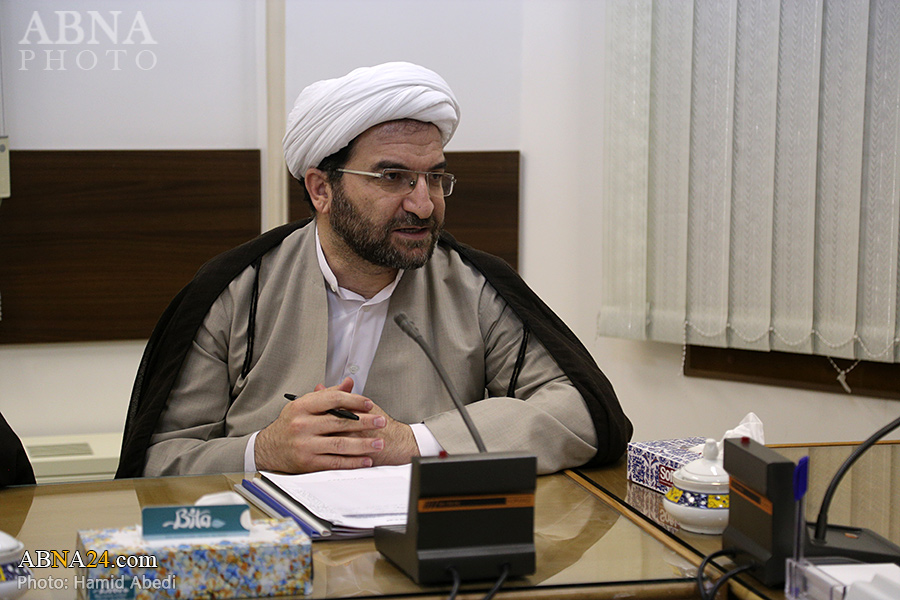AhlulBayt News Agency (ABNA): The Deputy for Scientific and Cultural Affairs of the AhlulBayt (a.s.) World Assembly stated, “With a more specialized approach, we will launch the Book Council. In this regard, experts, scholars, and professors from different regions of the countries will be invited to the Book Council in 14 fields of Islamic sciences.”
The conference “Study of the priorities and strategies for disseminating the teachings of the AhlulBayt (a.s.) in the international arena; with emphasis on the Indian Subcontinent, Southeast Asia and Latin America regions” was held on Wednesday morning, December 15, 2021, in the conference hall of the AhlulBayt (a.s.) World Assembly in Qom.
At the conference, the Deputy for Scientific and Cultural Affairs of the AhlulBayt (a.s.) World Assembly stated, “Assembly research projects should be based on regional needs and priorities of different regions should be studied. Therefore, to achieve these goals, we revived the Book Council based on regional needs and a specialized approach.”
“With a more specialized approach, we will launch the Book Council. In this regard, experts, scholars, and professors from different regions of the countries will be invited to the Book Council in 14 fields of Islamic sciences,” added Hojat al-Islam Dr. Mahdi Farmanian.
“It is necessary to provide the basic jurisprudential rules for some areas. For other regions, however, more specialized contents are needed, and these needs will be determined for us by the scholars of each region,” he said, emphasizing the need for research based on the needs of the regions.
..................................
/129 Nikan Qomi
source : ABNA
Sunday
19 December 2021
4:47:31 AM
1209961
Research projects of AhlulBayt World Assembly should be based on regional needs: Farmanian

The Deputy for Scientific and Cultural Affairs of the AhlulBayt (a.s.) World Assembly stated, “With a more specialized approach, we will launch the Book Council. In this regard, experts, scholars, and professors from different regions of the countries will be invited to the Book Council in 14 fields of Islamic sciences.”
